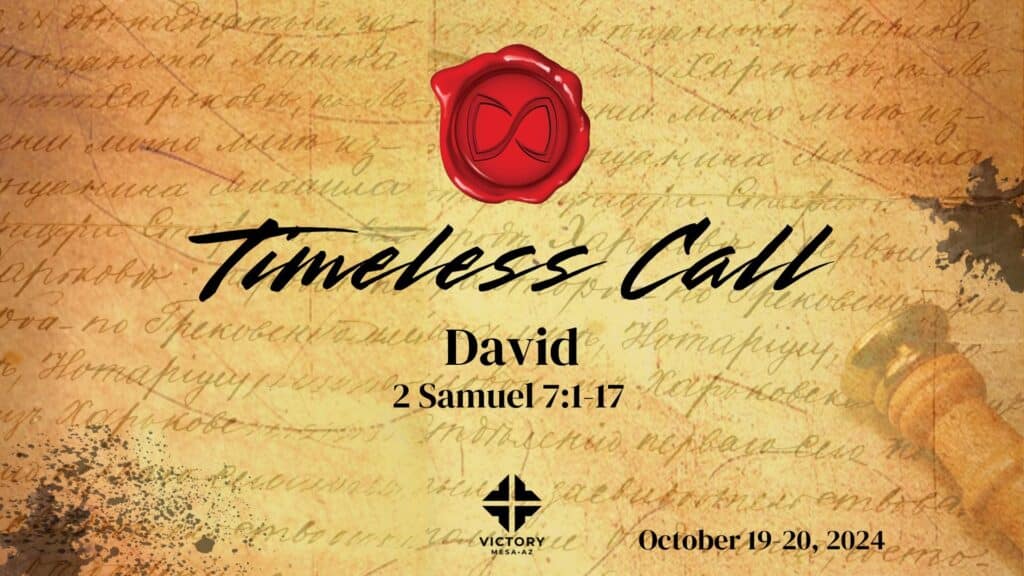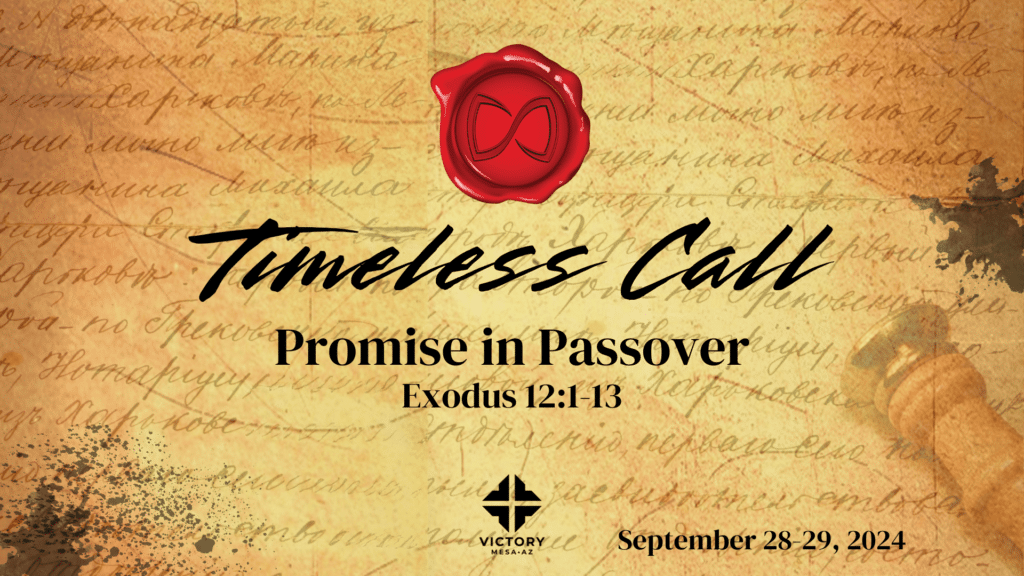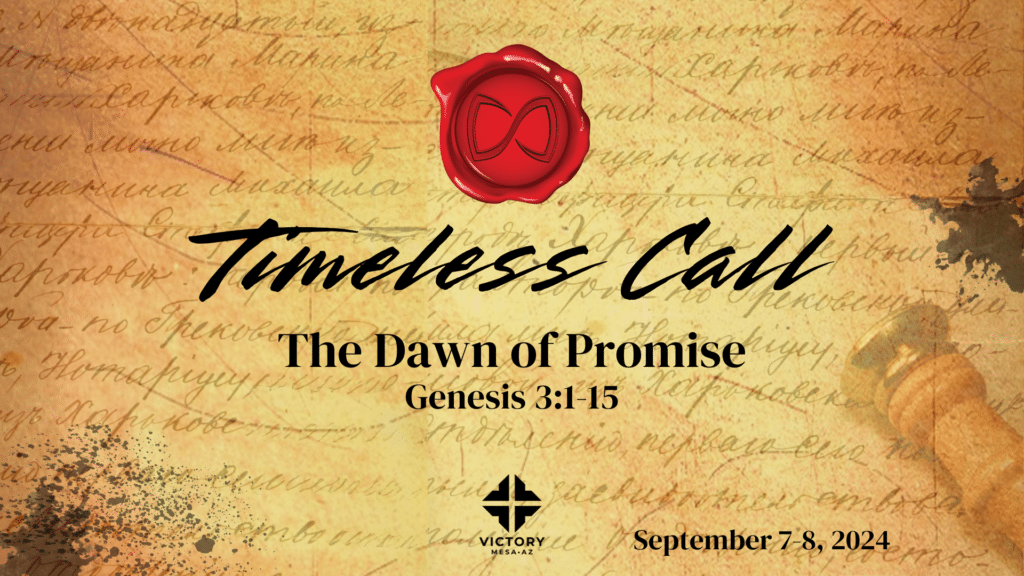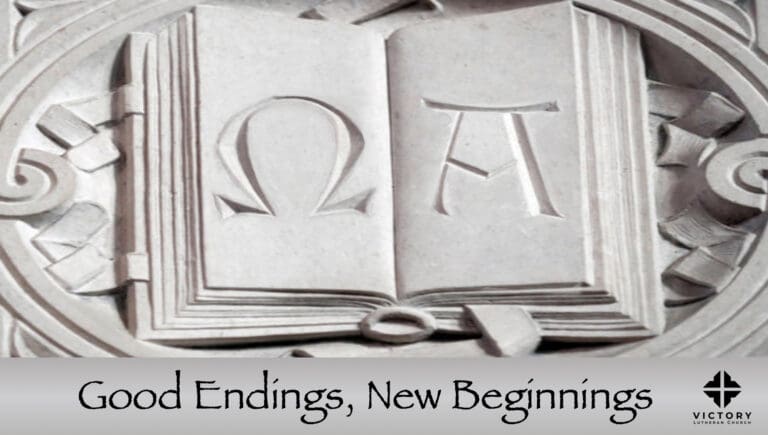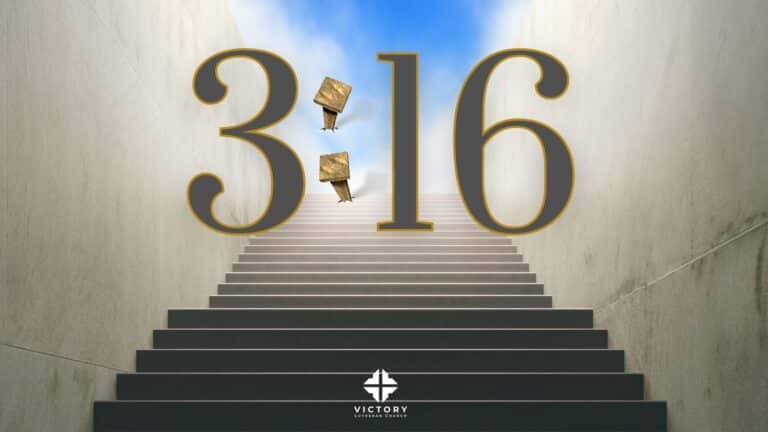We’re asking the ultimate question in these weekends here in Lent. Today we’re going to be looking at Jesus rejected by the people. People then rejected him and as we just sang, who was it that crucified him? Did you mean it when you said I crucified him? Rejection hurts, doesn’t it? We’ve all experienced rejection in our lives. Do you ever remember, like, being at a new school, sitting by yourself in a lunchroom, perhaps? Or hoping to not be the last one chosen kind of begrudgingly for, at recess, for a ball game? Waiting on someone to invite you to dance?
Skipped over for a promotion at work? Or not being invited out with some friends? I mean, rejection in all its forms and occurrences really does hurt. And it’s actually, um, a scientific fact according to a Reuters article. That kind of kicked in the gut feeling that comes with rejection actually generates some physical symptoms of pain. The headline reads this way, Brain imaging studies show that a social snub affects the brain precisely the way visceral pain does. In other words, when someone hurts your feelings, it actually hurts physically. It’s not just sticks and stones that break your bones. But words do painful damage as well. And Jesus certainly knew what it felt like to be rejected. As Anne just read for us from the Old Testament prophet Isaiah, 700 some years before Jesus actually fulfilled this prophecy, it says, there’s nothing beautiful or majestic about his appearance, nothing to attract us to him. He was despised and rejected. A man of sorrows, acquainted with deepest grief. We turned our backs on Him and looked the other way.
He was despised and we did not care. It’s from the New Living Translation. The enemies of Jesus, the spiritual elite of His time, they certainly But even the throngs of people did. Crowds who just five short days earlier had gladly welcomed his entrance into Jerusalem were now crying out for his death. So when Jesus was crucified, last weekend we looked at how he was dismissed by the soldiers. This weekend we’re going to be looking at how he was rejected. So if you have your Bibles or devices, I invite you to turn to Matthew chapter 27. I’m going to read our text beginning at verse 15. Now, it was the governor’s custom at the festival to release a prisoner chosen by the crowd. At that time they had a well known prisoner. whose name was Jesus Barabbas. So when the crowd gathered, Pilate asked them, Which do you want me to release to you? Jesus Barabbas or Jesus who was called the Messiah? For he knew that it was out of self interest that they had handed Jesus over. While Pilate was sitting in the judge’s seat, his wife sent him this message, Don’t have anything to do with that innocent man, for I’ve suffered a great deal today in a dream because of him. But the chief priests and the elders persuaded the crowd to ask for Barabbas and to have Jesus executed. Which of the two do you want me to release to you, asked the governor. Barabbas, they answered. What shall I do then with Jesus, who was called the Messiah, Pilate asked. They answered, Crucify Him. Why, what crime has he committed, asked Pilate. But they shouted all the louder, Crucify Him. When Pilate saw that he was getting nowhere, but that instead an uproar was starting, he took water and washed his hands in front of the crowd. I am innocent of this man’s blood, he said. It’s your responsibility, all the people answered. His blood is on us and on our children.
Then he released Barabbas to them, but he had Jesus flogged and handed him over to be crucified. The Gospel of our Lord. Thanks be to the Lord. Let’s pray. Living God, as we look into your word now, by your Holy Spirit, Help us to see ourselves in this narrative and help us especially to see you Jesus lifted up Rejected that we might be accepted and live in our hearts to receive your words of promise this day I asked Jesus in your precious name dear friends grace to you and peace From God our Father and our Lord and Savior Jesus Christ Amen, when Jesus was crucified he was dismissed by the soldiers and he was rejected As we just read, our text is where Jesus is brought before Pilate. And for Pilate, after considering the accusations and even talking with Jesus himself, Pilate couldn’t find any charges to be brought against Jesus.
And in verses 22 and 23, he asks the people the most important question that anyone will ever ask. Answer, what shall I do then with Jesus, who is called the Messiah, Pilate asked. They answered, crucify Him. Why? What crime has he committed? asked Pilate. But they shouted all the louder, crucify Him. What shall I do then with Jesus. You know, instead of answering the question for himself, Pilate did, I think, what many people do. He looked to the crowd for the answer. And what did the majority of people think of Jesus? That’s how Pilate was going to decide what to do with Jesus. But, I gotta tell you, the majority opinion, that may be a popular way to determine truth, but it’s certainly not reliable. I mean, think about it. The majority once thought that slavery was acceptable. The majority in Germany once supported Hitler. And the majority once wore bright all star shoes and parachute pants. I mean, you can’t trust the majority! Pictures notwithstanding from our past. So Pilate asks the people what they want to do with Jesus. And the people painfully reject him. What is it that caused the people to reject Jesus? If you listen to the text, actually, they didn’t give Pilate a reason. They just shouted, crucify him. And so we’re left wondering, perhaps, why was Jesus rejected? And as we answer that question, we discover that things really haven’t changed that much today.
Many people then, and today, reject Jesus because, first, Jesus didn’t fit what they wanted. Jesus didn’t fit what they wanted. The Jewish people, they’ve been looking and longing for the Messiah. And they were looking for someone who would save them from their immediate circumstances. They’re looking for a Messiah who is going to bring peace and overthrow the Roman government, kick out the oppressors and occupiers. And many of the people rejected Jesus because he just did not fit that victorious Messiah model that they had. But you see, Jesus kingdom was spiritual, not political. The people wanted him to bring political and military power that would conquer their enemies. But Jesus said to Pilate, as recorded in John 18, My kingdom is not of this world. If it were, my servants would fight to prevent my arrest by the Jewish leaders. But now, my kingdom is from another place. Jesus was Rejected because he didn’t fit what people wanted. Jesus also didn’t keep their religious traditions. I mean Jesus kept breaking the Mosaic Law every, in every chapter of the Gospels, it seems. He allowed his disciples to eat grain without washing their hands. He healed on the Sabbath, terrible of all things to do.
He was determined to show people that a relationship was God, with God was not about legalistically following a set of rules. He certainly associated with all the wrong people. He willingly accepted those that society had rejected. In Christ’s economy, the misfits were just as high on the pecking order as the elite.Jesus said, the first will be last, and the last, first. Jesus invested time with the social misfits, the immoral, the uneducated. The dishonest, and he was certainly a threat to the authority of the religious establishment. On two separate occasions, Jesus cleared the temple courts, driving animals and dishonest money changers out of them. And this was a huge profitable business, and yet with his own authority, Jesus brought this to a screeching halt. The religious leaders would try to trap Jesus in his own words with some question that they thought impossible to answer. And yet Jesus would turn the tables on them and they would sneak away feeling foolish and humiliated.
Jesus also didn’t fit the people’s Messiah mode in that Jesus routinely called them out. Not just for their actions, but for the condition of their hearts. And he does the same today. In Matthew 15, Jesus put it this way. These people honor me with their lips. But their hearts are far from me. Jesus was rejected by the people first because he didn’t fit their Messiah model. But there’s a second reason why many people rejected Jesus. And that’s because Jesus demands life change. Yes, Jesus freely offers grace and forgiveness. But he also calls for surrender. And I’ve found that most people are all for Jesus as long as following him doesn’t require any kind of change in lifestyle. The people then loved Jesus as long as he was making the lame to walk or the blind to see or feeding the thousands of who were hungry. But the crowds had a way of thinning out when Jesus would say things like this, If anyone would come after me, let him deny himself and take up his cross and follow me. Jesus was constantly raising the bar when it came to moral living. He didn’t water down the message in hopes that people would accept him. He didn’t just speak the comfortable truth, he spoke the full, whole truth. And as a result, many people rejected him because too much change was being called for. But I think the primary reason people rejected Jesus then, and it’s the same today, is that Jesus claimed to be God.
Think about this. In Matthew 26, the high priest said to Jesus, I charge you under oath by the living God, tell us if you are the Christ, the Son of God. Yes, it is as you say, Jesus replied, and then he adds more to it. But I say to all of you, in the future you will see the Son of Man sitting at the right hand of the Mighty One and coming on the clouds of heaven. And what was the religious leader’s response? Then the high priest tore his clothes and said, he spoke blasphemy. Why do we need any more witnesses? Look, now you’ve heard the blasphemy. What do you think? He is worthy of death. The answer is Jesus God. This is crucial to your understanding of the Christian faith. Christ claimed that he was God. It was a bold statement. And you know, actually, the high priest would have been correct in saying that Jesus was blaspheming if Jesus was not. Not the Messiah, but He is. So in deciding what you will do with Jesus, you have to deal with His divinity, claiming to be God. He was not just some good teacher that anyone could find acceptable. Christian author C. S. Lewis accurately describes our options in dealing with this question about Jesus divinity. He writes, either this man was and is the Son of God, or else a madman, or something worse. You can shut him up for a fool. You can spit at him and kill him as a demon, or you can fall at his feet and call him Lord. And then Lewis concludes, but let us not come with any patronizing nonsense about him being a great human teacher. He has not left that open to us. He did not intend to. Jesus was very clear about his divinity. There’s many places he claimed to be divine. In John 5, Jesus heals a lame man on the Sabbath, so he gets in trouble. The Jews are quite upset with him. And then in verse 17, Jesus said to them, My father is always at his work to this very day, and I, too, am working. My father. Jesus said, recorded in John 8, Very truly I tell you, before Abraham was, I am, using the Old Testament name for Yahweh, claiming to be God. And even the New Testament church, we read in Colossians, they believed in Christ’s deity. For in Christ, all the fullness of the deity lives in bodily form. You know, it’s amazing. How God became human. We celebrate it at Christmas. It’s central to our understanding of Lent. And of his death and of his resurrection. 100 percent divine. 100 percent human. Not 50 50. All God. All human. Together in Christ. So where do you stand on this? Is Jesus the Son of God? It’s the most important question you’ll ever answer.
Jesus, yes. He knew what it was like to be rejected by people. Did you pick up in our text the name Barabbas? You’ve maybe heard that before. The criminal who was released in place of Jesus in exchange for Jesus Christ. Did you catch Barabbas first name? Jesus. Jesus Barabbas. But there’s more. The name Barabbas means son of the father. Bar for son of and Abba. So from our text, we learn that his full name was Jesus Barabbas, Jesus son of the father. And what was the title given to Jesus Christ himself? The son of God. We have two Jesuses. In our text today, both were son of the Father, and yet they could not be more different. And here’s the striking point. Jesus Christ, Son of God, was given in exchange for Jesus Barabbas. And actually, it’s even more. Jesus Christ was given in exchange for you and for me. Here’s where I want to land this message. By considering this, yes, Jesus was rejected by the people, but I think the greatest rejection, well, I believe this, the greatest rejection Jesus experienced on the cross was actually from his own Father in Heaven.
The Bible says in Matthew 27, Jesus is on his cross. About three in the afternoon, Jesus cried out in a loud voice, Eli, Eli, lama sabachthani, which means, my God, my God, why have you forsaken me? God, my Father, why have you forsaken me? Think on that. Jesus, the Son of God, who had known perfect, constant communion with his Father in heaven, now on his cross, now at his most vulnerable and at his greatest point of suffering, sees his Father in heaven turn his back on his one and only Son as the sin of the whole world was laid upon Jesus. And yet, here’s the thing. Both God the Father and God the Son knew what they were doing and willingly did it. It’s this great exchange. Here’s how the Bible puts it in 2 Corinthians 5. God, this is God the Father, made Him, God the Son, God made Him who had no sin to be sin for us so that in Him we might become The righteousness of God. Did you get that exchange? When we come to the cross of Christ, really all we can give Him is our sin. And He’s taken it upon Himself. And what’s the exchange? Through faith in Christ, then God gives us the righteousness of His one and only Son, Jesus. The cross of Jesus is actually the ultimate symbol of being chosen.
For you see, in Christ, God has not rejected you. God rejected His one and only Son so that you need never be. In fact, through Jesus, God accepts you, welcomes you, and calls you His child. So today, stop and consider the reality that Jesus Christ was rejected so that you would be accepted by God. Isn’t that the most wonderful news you’ve ever heard? Believe it, and let God’s love and grace fill your heart with hope, joy. Join me in prayer. Father in heaven, in moments of rejection, we can turn to you, knowing that you understand our pain intimately through the sacrifice of your son, Jesus Christ. And as we reflect on His suffering on the cross, rejection by the people, may we find solace in the truth that through His rejection and sacrifice, we are eternally accepted and cherished by You. Give us the strength to embrace this profound truth, that in Christ Jesus we are chosen and loved. In Jesus precious name I pray.








